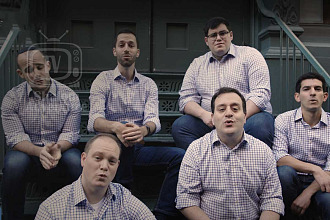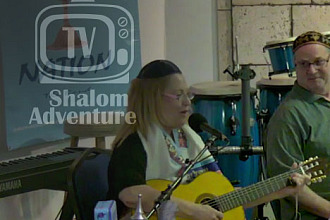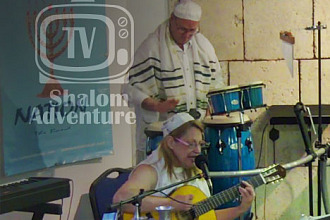“They baked the dough that they took out of Egypt into unleavened cakes [matzah], for it was not leavened, since they were driven out of Egypt and could not delay; nor had they prepared provisions for themselves.” - Exodus 12:39
“They baked the dough that they took out of Egypt into unleavened cakes [matzah], for it was not leavened, since they were driven out of Egypt and could not delay; nor had they prepared provisions for themselves.” - Exodus 12:39
Matzah is a bland low-calorie unleavened flatbread, somewhat resembling more of a cracker, that the Israelites prepared in haste to sustain them in the deserts during the escape from Egypt. Prepared from only flour and water, matzah is lacking yeast, sugar, or other leavening or enriching ingredients, thus representing the “bread of affliction” depicted in Deuteronomy 16:3. Traditions allow the flour to be milled from wheat, barley, rye, spelt, or oats, though wheat flour is most common in matzah produced in the United States being the breadbasket of the world. There was no luxury of time to wait on the bread to rise, hence being unleavened.
Thus today in commumerating the Passover and reflecting on the horrible conditions of slavery in Egypt, matzah and other unleavened breads are staples during the eight days of this annual spring festival.
“From the evening of the fourteenth day of the first month until the evening of the twenty-first day, you are to eat matzah.” - Exodus 12:18
“You are not to eat any chametz with it; for seven days you are to eat with it, the bread of affliction; for you came out of the land of Egypt in haste. Thus you will remember the day you left the land of Egypt as long as you live.” -Deuteronomy 16:3
Written by Erin Parfet


























